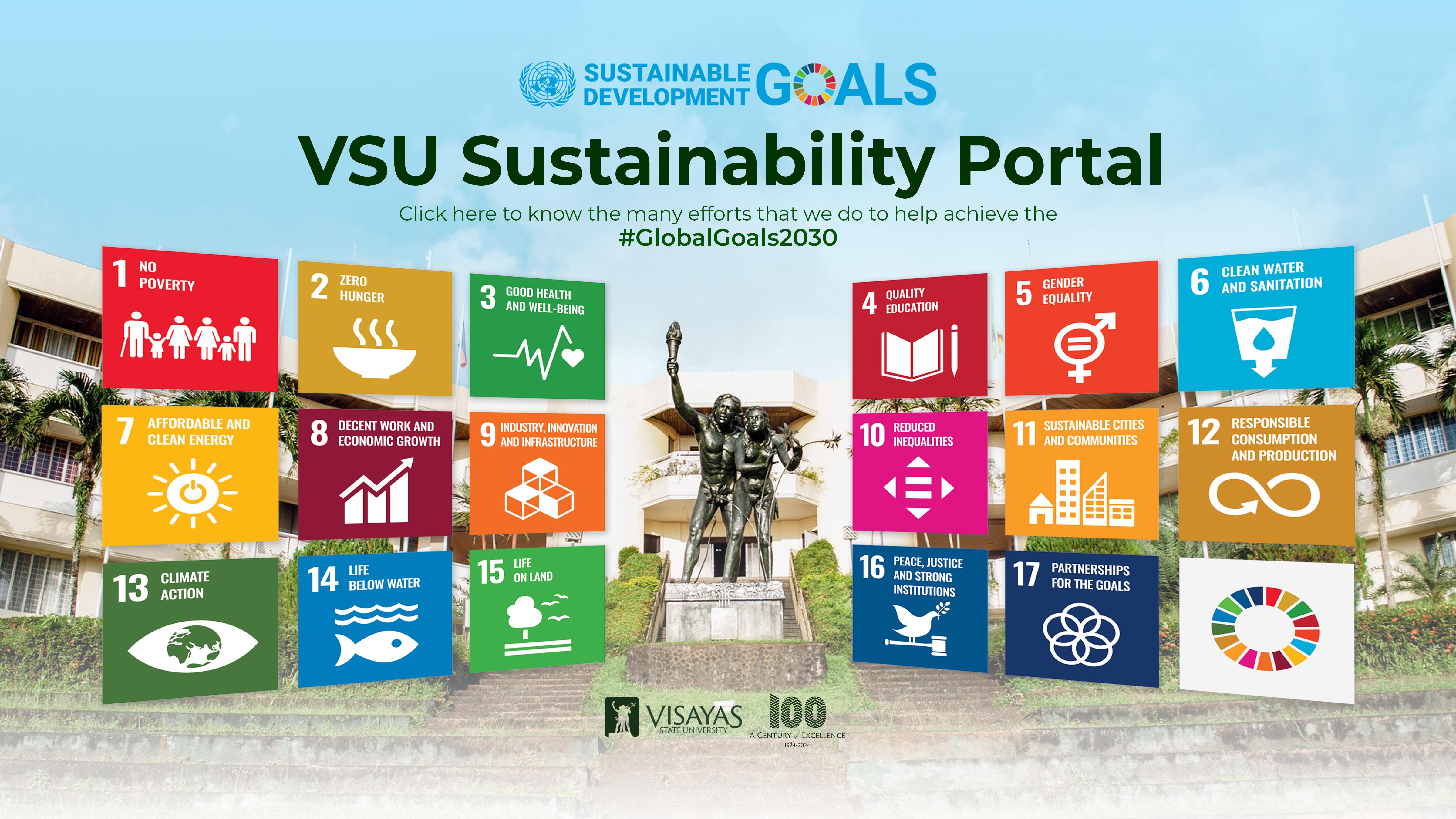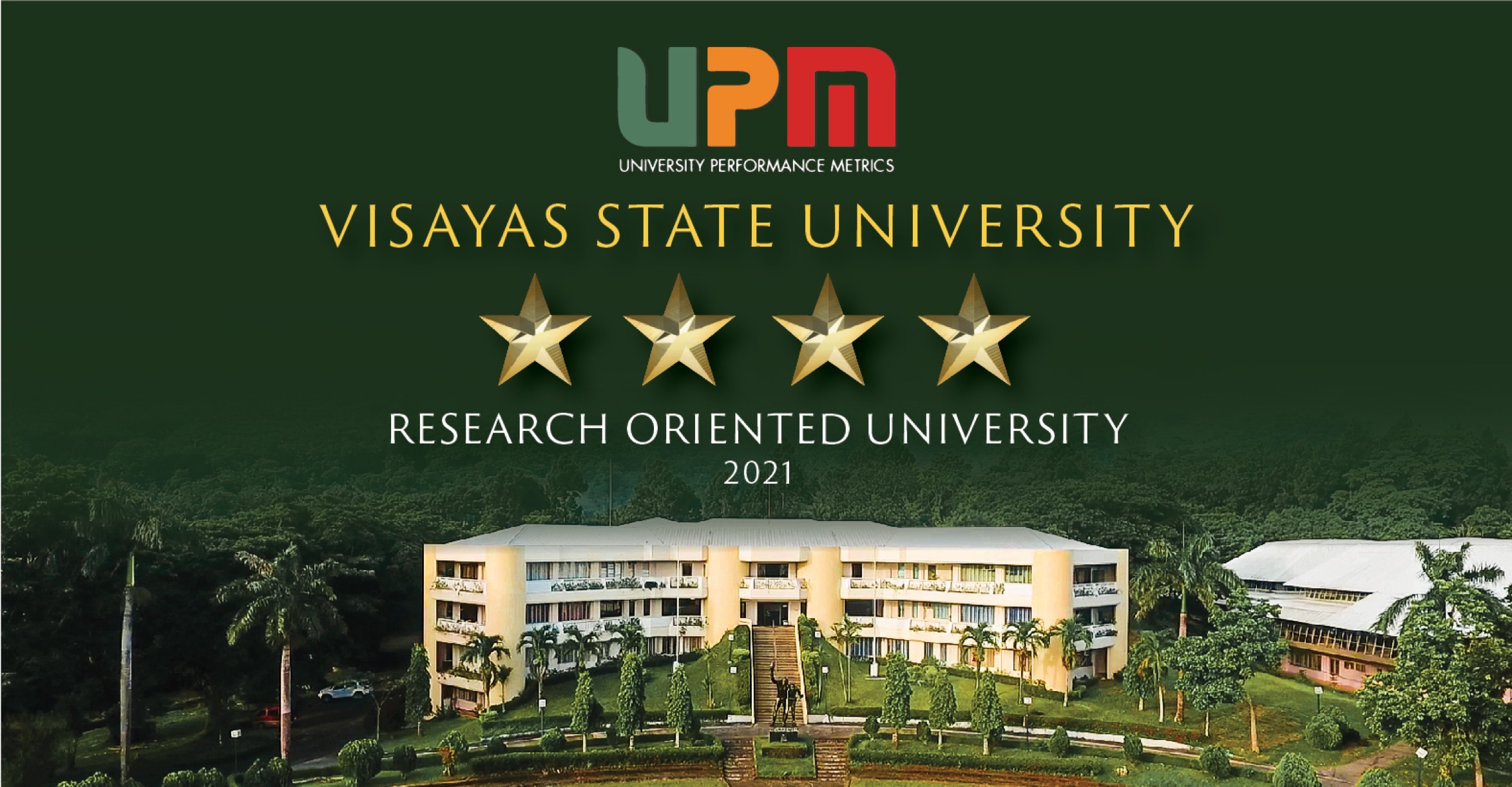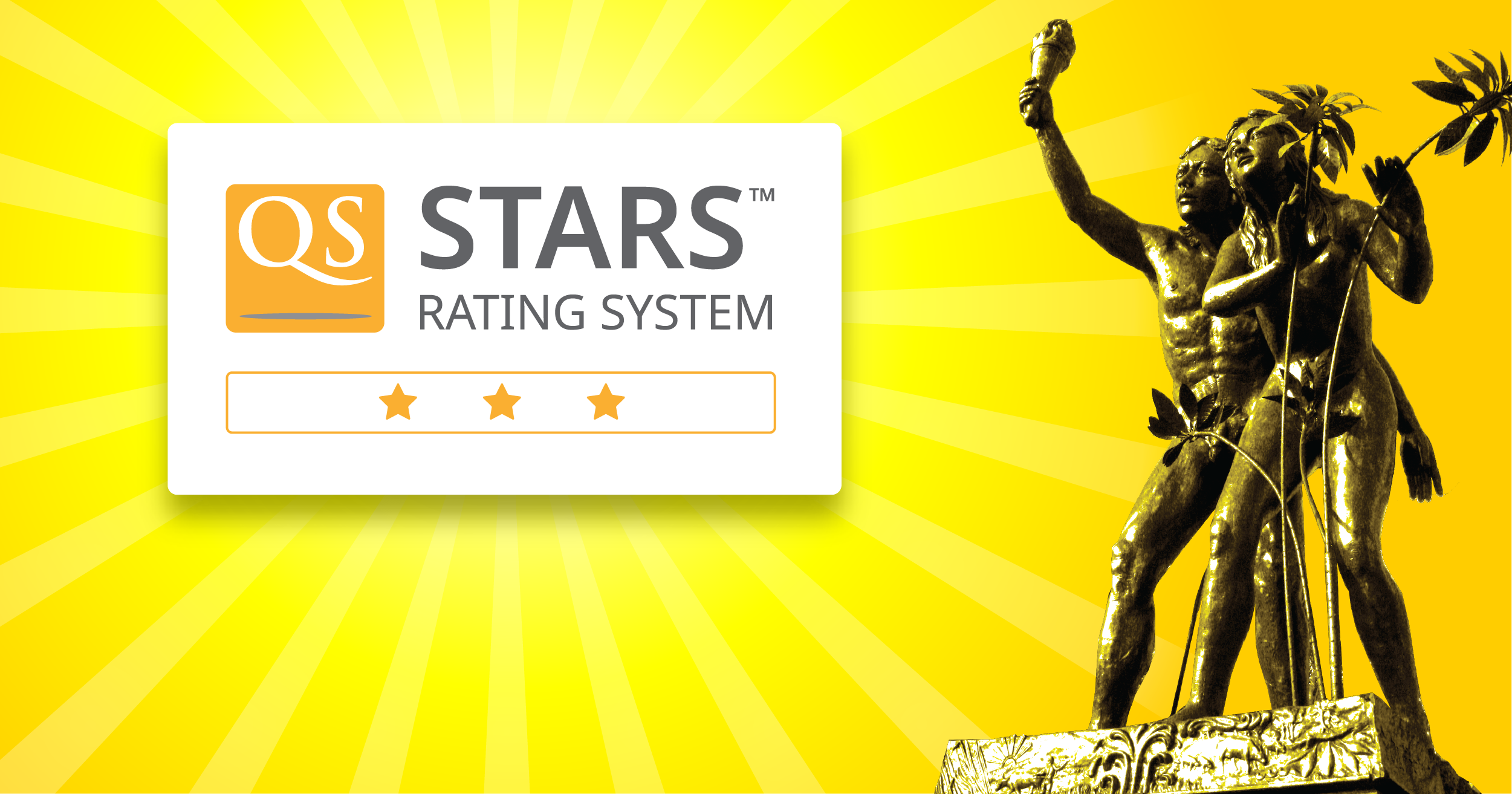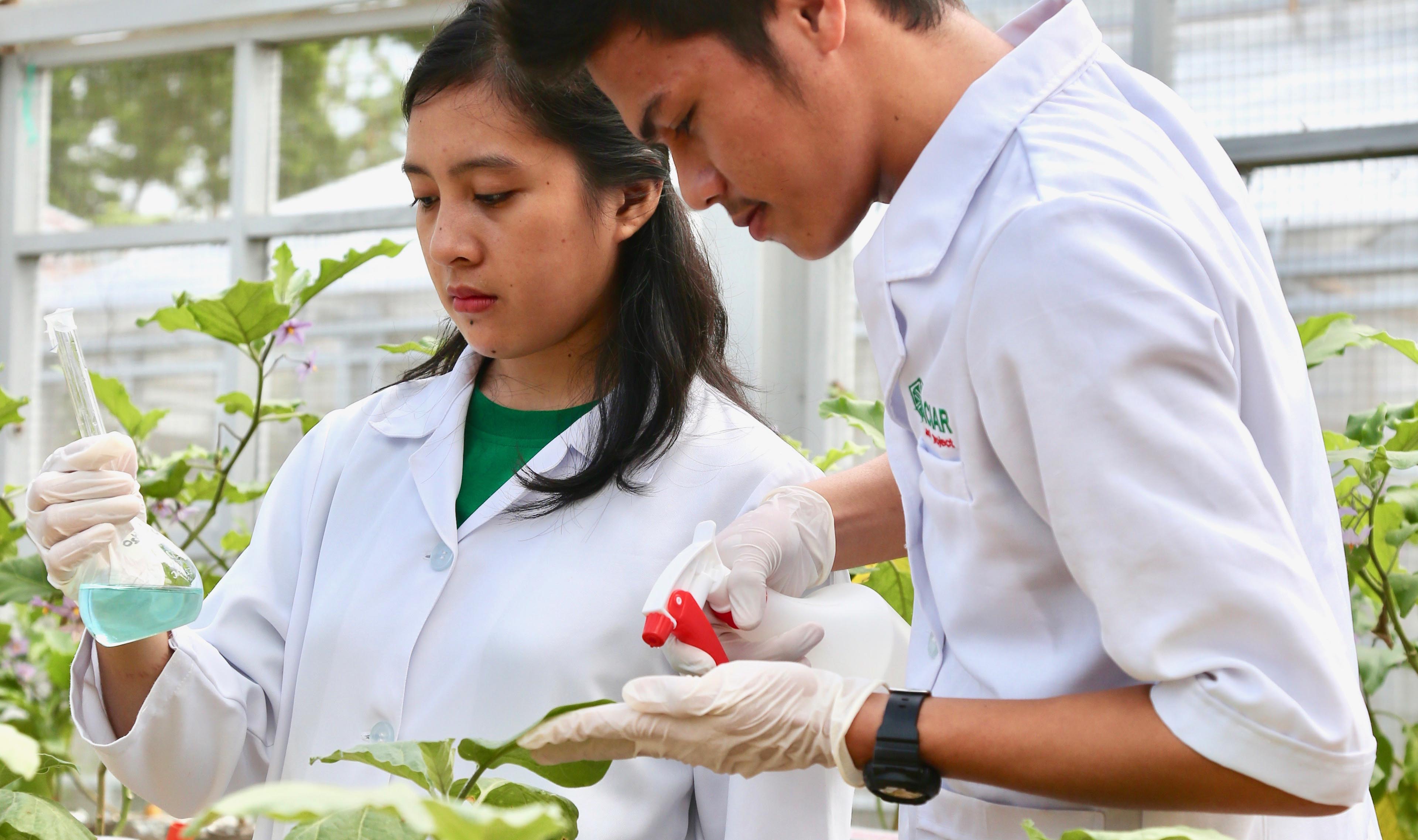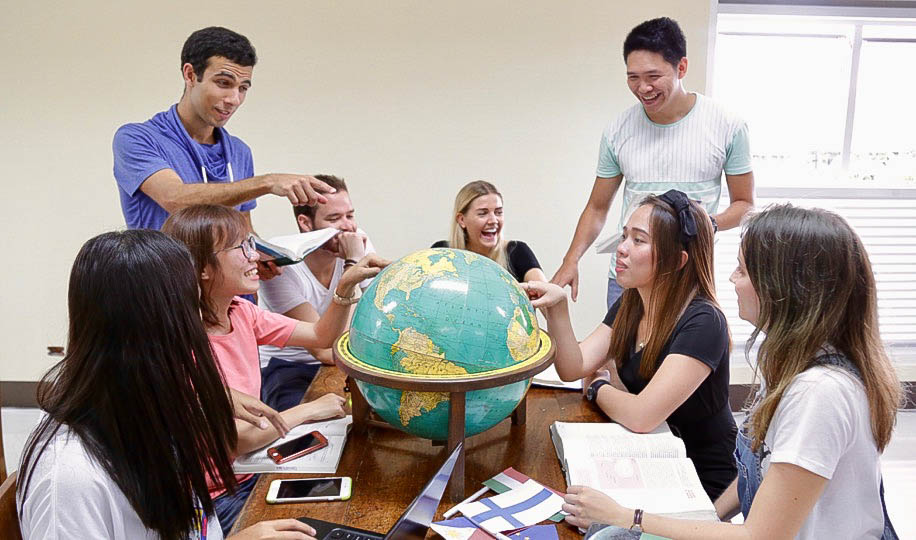HU professor conducts seminar on ethics in research and publication writing
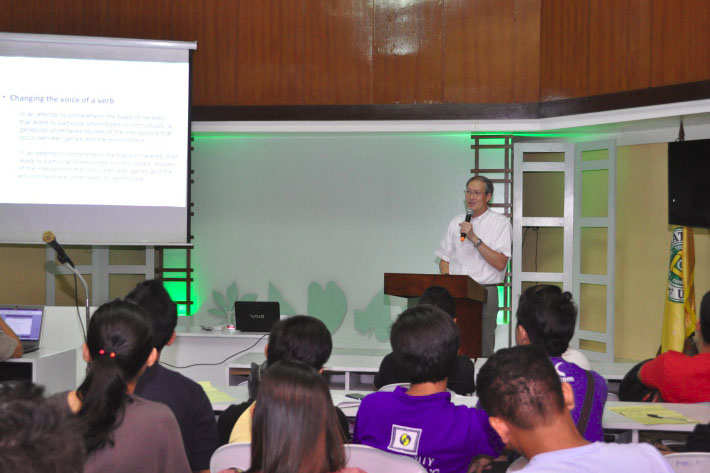 Dr. Lawrence M. Liao, associate professor of the Graduate School of Biosphere Science of Hiroshima University (HU) in Higashi-Hiroshima, Japan, conducted a seminar on Ethics in Research and Publication Writing on September 4, 2014 at the PhilRootcrops Training Hall. The seminar was participated in by some faculty, staff and students of the University including the master and doctoral students.
Dr. Lawrence M. Liao, associate professor of the Graduate School of Biosphere Science of Hiroshima University (HU) in Higashi-Hiroshima, Japan, conducted a seminar on Ethics in Research and Publication Writing on September 4, 2014 at the PhilRootcrops Training Hall. The seminar was participated in by some faculty, staff and students of the University including the master and doctoral students.
In his paper entitled “Recent Ethical Issues Challenging Academic Research,” Dr. Liao talked about some of the reasons why students plagiarize as cited by Park, 2003. These are: ignorance of academic integrity or digital ethics, emphasis on grades versus learning, poor time management and research skills, personal values or attitudes, peer pressure, temptation and opportunity, and negative student attitudes towards assignments and teachers.
Dr. Liao also mentioned why researchers publish their work and it is because they want to communicate results to peer, advance career, personal prestige, gain funding, and financial reward. Moreover, he revealed some types of scientific misconducts wherein the researcher must be aware of. These include the following: failure to report results accurately, failure to do a proper literature search, failure to ensure data is correct, failure to be honest, failure to assign credit fairly where due, failure to adhere to and work within ethical guidelines, failure to attribute work of others you use.
Likewise, he defined the three types of misconducts based on the Hiroshima University standard, such as fabrication which is making up data or results and recording or reporting them; falsification which is manipulating research materials, equipment, or processes, or changing or omitting data or results such that the researcher is not accurately represented in the research record; and plagiarism which means the appropriation of another person’s ideas, processes, results, or words without giving appropriate credit.
Dr. Liao also presented some tips on how to avoid plagiarism. “Quotation” is one tool in which the writer can have an exact copy of something someone else has said or written and citing the source. “Paraphrasing” is another tool in which the writer rewrites the text in his/her own words but must cite the source. “Citation” is also one by naming the text that identifies the source of a quote or idea.
According to Dr. Liao, authorship must be based on substantial contribution to conception and design, or acquisition of data, or analysis and interpretation of data; drafting the article or reviewing critically for important intellectual content; and final approval of the revision to be published as cited in the guidelines set by the International Committee of Medical Journal Editors.
He also reminded those trained persons who are paid salaries to do routine technical and laboratory tasks that they cannot be authors if they only perform routine experimental tasks. “However, they can be authors if they contribute to the independent establishment of new and non-routine methods used in the projects, and if they participate in experimental design and interpretation,” Dr. Liao said.
The speaker also warned the participants regarding authorship abuse also known as promiscuous authorship. Among these authorship abuses include honorary authorship out of respect and friendship in an attempt to solicit favor; coercive authorship in response to their exertion of seniority or supervisory status over subordinates or junior investigator; mutual support authorship as a result of agreement by two or more investigators to place their names on each other’s papers; duplication authorship by publishing the same work in multiple journals; ghost authorship whose authors’ names appear or disappear from a paper for whatever reasons; and denial of authorship when works of other people are published without providing due credit for their work.
The topic on plagiarism was reinforced with a workshop after some inquiries cropped up which the speaker eloquently responded at the end of the seminar.

